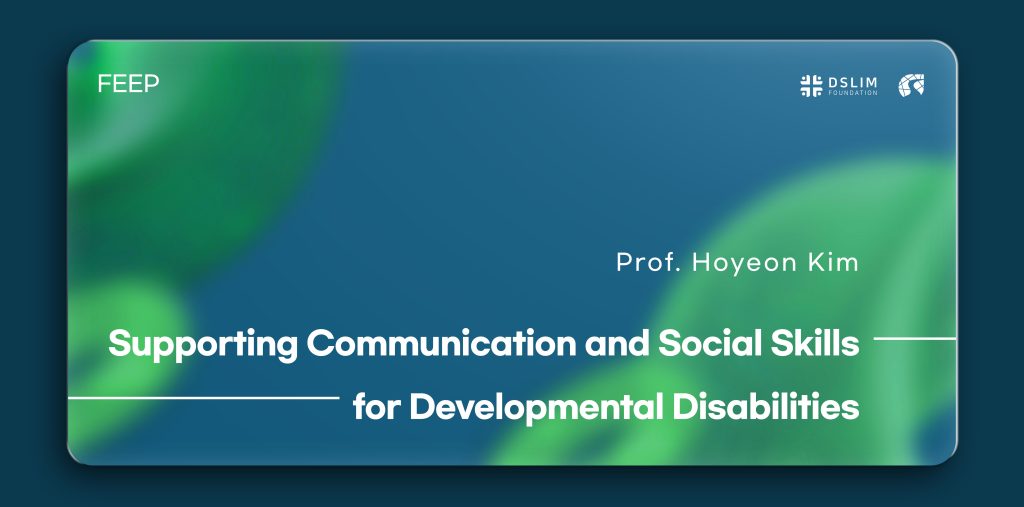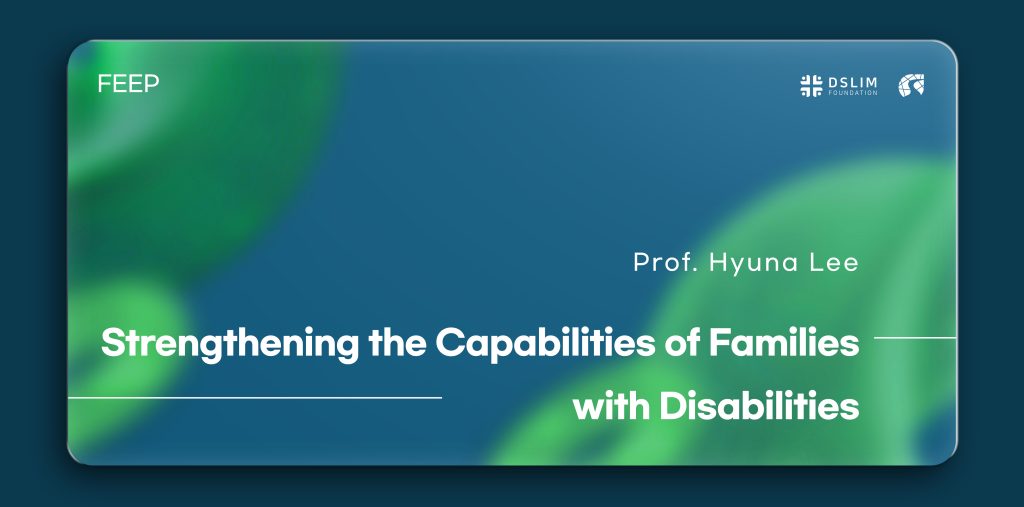When Knowledge Deceives You
Professor Jae-Hyun Jung
The world we know today is in its third year of a pandemic sweeping the globe. While we had hoped vaccines would mark the end of the tunnel, it seems increasingly difficult to predict the future. Humanity, which has enjoyed the benefits of advanced science and medicine like no other era, now faces a profound threat to life and health from an invisible virus. Humans, who seemed poised to conquer the Earth and soar into space, find themselves unexpectedly captive to a mere microorganism.
As glaciers melt due to global warming, ancient viruses from before the emergence of humanity, long frozen in polar ice, may strike at any time. Over the past 20 years, microorganisms millions of years old have been revived in laboratories. Should these escape human control, the horror of what they might become is hard to imagine. Furthermore, though 99% of the bacteria coexisting in our bodies remain peaceful, environmental changes could provoke unknown transformations. Not only the Earth but our very bodies remain largely unknown to us.
We are surrounded by the unknown, yet we have lived as though knowing everything were possible. We believed life could be fully understood and that knowing more would lead to a better life. However, the current crisis reveals how much larger the unseen is compared to the visible and how insignificant our knowledge is compared to what we don’t know. It vividly exposes the contradiction of trying to live solely by knowledge while ignoring the persistent unknowns that cannot be erased or forgotten.
What’s the Problem?
So, what should we do? First, we need to be more honest about the unknown. Simply accumulating more knowledge will not solve the issue. There are unknowns we have misunderstood, unknowns we have yet to encounter, and unknowns we can never know. We must reconsider our relationship with the unknown and approach life with greater humility.
Rather than racing forward aimlessly, it might be more appropriate to carefully navigate life, embracing its mysteries with patience and depth. This applies both individually and on a broader civilizational level. At this juncture, I recall a line from the Russian poet Pushkin: “If life deceives you, do not grieve or be angry.”
While the deeper meaning of this line may differ, the words themselves raise a question: Does life truly deceive us? If we think so, could it be because of a discrepancy between life and our understanding of it? And isn’t the responsibility for such a discrepancy more on our understanding than on life itself? Life unfolds as it does, independent of us. It is not life that deceives but our attempt to judge it through the lens of our limited knowledge.
In this sense, perhaps it is knowledge that deceives us. It is both the deceiver and the deceived. Yet, this cannot be discerned at the level of knowledge alone—it becomes apparent only when reflected against life itself.
What Should We Do?
Even if knowledge deceives us, we, surrounded by the unknown, must tread cautiously through each moment of life, guided by wisdom. Wisdom differs from knowledge, which seeks to expand and accumulate. While knowledge brings convenience, it can also confine, deceive, and complicate life.
Wisdom, by contrast, arises from efforts to solve life’s challenges. It goes beyond mere information to explore life deeply and carve out new paths, offering insight. Moving forward, we aim to foster such insights together. This involves uncovering the flaws in common sense, unraveling tangled threads of thought, and finding ways to live more freely and abundantly.
Philosophically, this approach might be called “paradoxical insight.” Rather than simply expanding common sense, we seek breakthroughs that come from breaking it, leading to profound realizations. Future lectures will focus on pursuing wisdom over knowledge and insight over information. Thank you.

“Just remember that you can test different video lengths until you find what works best –– the sweet spot. Pay attention to your video performance and adjust until you see success.”
Hire a team of expert marketers to handle the research and video creation process for you
Just because something worked for one type of video doesn’t mean it will always work. Your video marketing strategy needs to be flexible and adjust to people’s viewing behaviors for maximum impact.
Ready to grow your revenue with Numerique? Get a Free Consultation to Boost Your Business.




